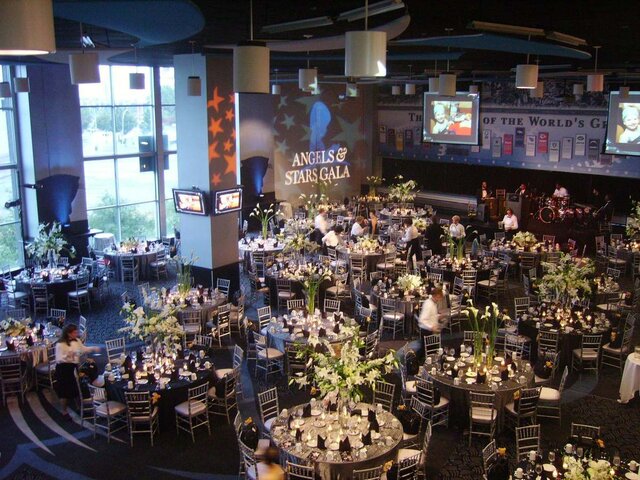Good advice, but not
practical. From experience, you can not get a site manager or electrician together for a meeting, and the customers are usually from out of town and most of the meetings are done over the phone or via the internet. The customer really doesn't give a crap about electricity or how you get it done, as long as it gets done. They pay you to handle those things, so they don't have to. The on site person that knows the most is always the hardest to get in touch with. There are things like receptacles on the 55th floor on the observation
deck that are
fed from a panel on the 22nd floor, which also tie into the flag pole lights on the 4th floor. In general, things that just don't make any sense. And as far as signing anything, it is highly unlikely that you can get them to sign anything. It is a CYA thing for them.
I have worked in the same facilities since they were built in some cases, and at least for the past 6-7 years. Things change and there are new problems that arise. Most of the production companies that I know try to keep notes on the facilities. I can tell you where most of the circuits in the ballrooms are, and which theatres in town have company services and what their capacities are (as well as
loading dock notes, names of the
house electricians/AV companies,
etc...). Trying to make friends with the
house techs is essential!
The problem is that most larger spaces like these have a contract with an AV or production company (or have
house staff if they are a
theatre), and they make up their packages significantly as the "In
House" company, usually 35+%. The
house gets the extra cut. The customers that are smart will hire outside production and in many cases save $10,000+, but the
house people do not like it when outsiders come in. I usually hire them as labor, or will have them run video and I will run sound and light, or something like that. It usually helps. So does
swag!
(an example, we bid a job at $7,000 and it was not discounted in any way with the going rate for everything. The
house bid was over $11,500.)
The other trick is to
plug in everything early and
power it to full. If something trips, you want it to do so early. It the electrician goes to lunch, or just disappears, you have time to find him before the show starts. Also, they make the
circuit tracers, with the tone finders. These are pretty cool and will help some. The show that we had a few weeks ago, we tripped a
breaker (someone mistakenly lamped S4 pars with 750's instead of 575's and we were over). No big deal, but it took 5 hours to get the
circuit reset. It was behind a locked door and we could not focus until the felt like resetting the
breaker. Their work comes first, you are second.



